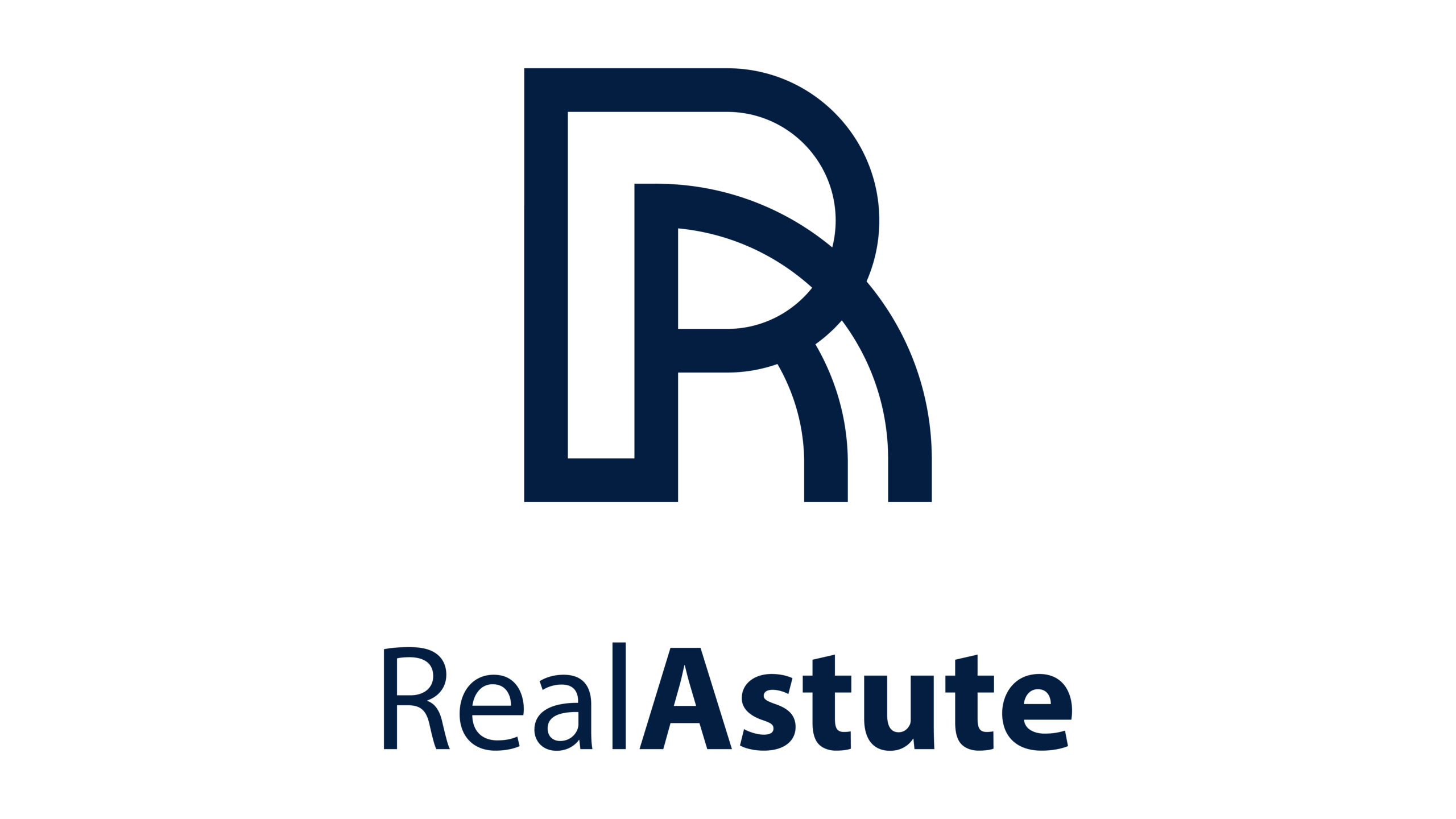
10 Home Inspection Tips for First-Time Homebuyers
By Kevin Shirley, Associate Broker (DC), ASP, GRI, e-PRO
Hiring the right home inspection service will help you determine any significant defects with a property before deciding to buy.
As a first-time homeowner, you mustn’t buy a home without having it inspected first. A home inspector will help you determine if repairs need to be made on a home and what they might cost. In addition, a home inspection could sway your decision on whether to buy the property or not.
You have a big decision to make as a first-time buyer. If you want to make sure that the home you wish to purchase is structurally sound and is without any major defects, a home inspection is the first step.
Ask for Referrals
Finding the right home inspector can be a challenge because you don’t want the findings to be incomplete. Start by asking friends and family members for assistance. If you want to make sure that you hire someone that qualified, you can look for a home inspector that is affiliated with any of the following organizations:
- National Association of Home Inspectors
- National Institute of Building Inspectors
- American Society of Home Inspectors
- International Society of Certified Home Inspectors
Choose an Experienced Inspector
Too many first-time homebuyers make the mistake of choosing a home inspector based on the cost rather than the inspector’s experience. You must choose someone who has the expertise to look for the problems that other inspectors might miss. “The least expensive person is often the person with the least experience, ability, and technical savvy,” says Aaron Flook, owner of Pittsburgh-based A.M. Inspection Services LLC. “If you want a referral from your real estate agent, ask for two or three different names, then interview each one to determine who you feel most comfortable with.”
Let the Inspector Know about Your Concerns
Home inspectors aren’t mind readers. Therefore, if you have specific concerns about potential problem areas in the home, let the inspector know to investigate these concerns first. A home inspector can then place more emphasis on these areas and diagnose the problem. If a problem isn’t obvious and you haven’t given your home inspector a clue, there is a risk that the issue could be overlooked.
Expect an Objective Report
If you are worried about whether a report will be accurate, the home inspector will not be paid to try to get you to buy the home. Therefore, there is a greater chance that the home inspector will be neutral and thorough in his assessment of your home’s condition. By choosing a qualified home inspector, you can ensure that your home inspection report will incorporate all of the defects in your home.
Watch Out for Common Problems
Take note of the most common home inspection defect: moisture problems. Moisture build-up resulting from faulty drainage systems is the top cause of significant problems, such as mold, dry rot, and eventually structural damage. These problems can be very costly to fix.
To avoid dealing with these problems on your own, you must ensure that your home inspector thoroughly investigates the home’s moisture conditions. The inspector may even include an air quality test to determine if there are mold spores in the air in your home.
Inspect New Construction
Just because a property is new does not mean that there won’t be any problems. You should have a home inspector thoroughly inspect a home before you decide to buy. A home inspection on new construction may reveal structural issues, unfinished work, and faulty appliances. Don’t make the assumption that everything will be in place just because the property is new.
Understand the Limitations
Home inspectors are hired to look for problems that might affect the structural integrity of the home. They also look for defects in the interior and exterior of the home. The American Society of Home Inspectors (ASHI) offers a page on Standards of Practice that will outline exactly what you should expect from a home inspection.
Hire a Specialist
Home inspectors are not required to look into every potential problem with a home. If your concerns fall outside of the issues that home inspectors must look into, you may want to call a specialist instead. Some of these concerns include:
- pest control problems
- lead paid
- asbestos
- radon gas
- mold
These are significant issues that could also render a home unlivable. A specialist will also be able to guide you in getting estimates on repairs for these issues.
Follow Up on Inspector Recommendations
Hiring a qualified home inspector that can discover the issues within a home is a good start. However, it is only the beginning. As a homeowner, you need to make sure that you follow up on the recommendations that have been made by the inspector. Inspectors make recommendations because they believe that the problems may grow to become significant issues if not addressed. The inspector is not merely making a recommendation so that you’ll have to spend money on repairs.
Get Accurate Estimates Before Closing
By looking into the problem before the closing occurs, you can discover precisely how much it will cost to make repairs by getting several estimates. If you simply wait until after closing, likely, you may not find out just how big of a problem the issue is until it’s too late.
As a first-time homeowner, working with a qualified home inspector can save you time and money. It will also ensure that you are going into a home purchase with a clear idea of what you are buying.






